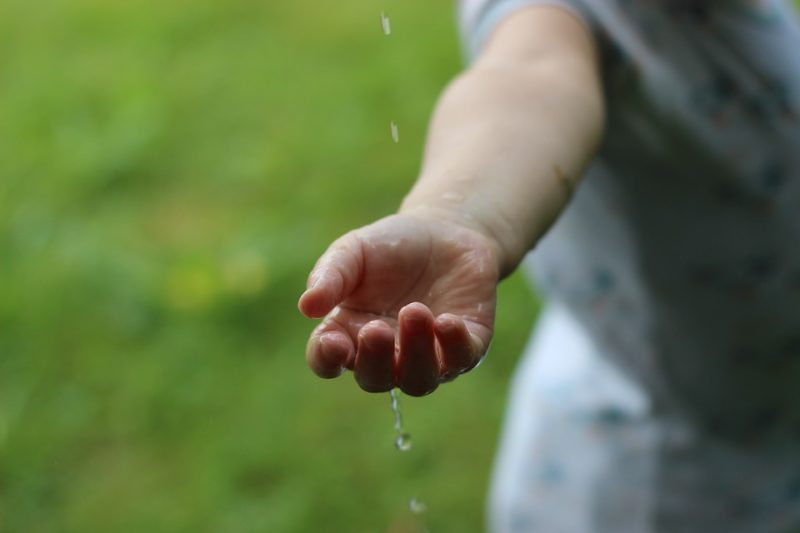To connect with socially aware consumers, you need to operate in a socially responsible manner
The value of honesty and genuine communication should never be overlooked when marketing to savvy consumers, writes Sefiani senior consultant Julia Hoy.
The world is now aligning behind the idea that for a sustainable future, companies need to set net-zero carbon emission targets. As companies roll out their target announcements, the world is watching to see which ones act to meet their commitments, and which use it as a front to continue with business as usual. There is huge appetite from stakeholders – from shareholders to partners, employees and consumers – to understand what companies are doing to make a positive difference. The challenge and opportunity for companies is to meaningfully engage their audiences on their sustainability journeys.
Sustainability does not work without transparency
Just because everyone is doing it, does not make it easy. The ambitious targets set by many companies require them to forge new ground, take risks, invest in R&D, collaborate and occasionally fall short. Talking about the challenges and the lessons learned will rarely make an organisation look like it has failed so long as it demonstrates its commitment to keep trying. A failure acknowledged can actually help a brand build social capital – as in the case of Charity Water, an organisation that decided to admit one of its water drilling projects failed after one year. The head of Charity Water openly conceded defeat and came back with a plan. When the team returned to drill a few months later, so many more people had become invested in the story and were willing them on to succeed.
Even the hurdles that are less forgivable, like Nestle’s ‘sustainably sourced’ cocoa beans that had come from farms using child labour, can be mitigated for better outcomes when organisations are honest, human, and demonstrate a willingness to do better.


